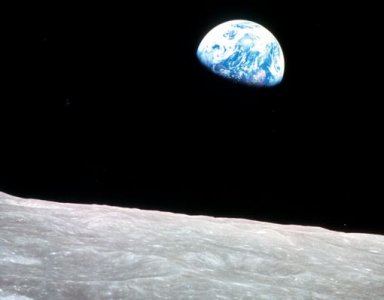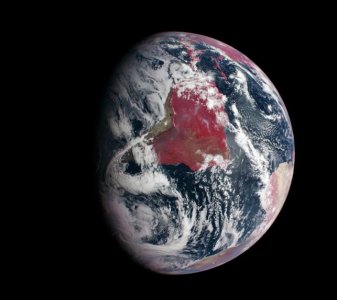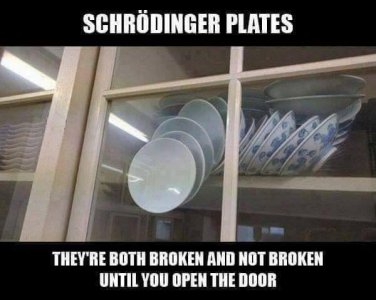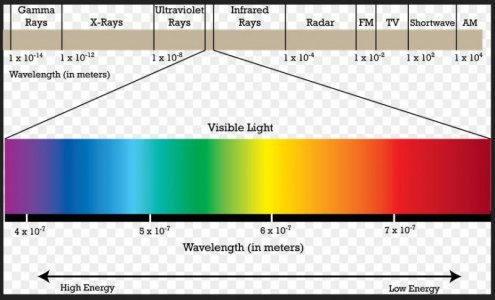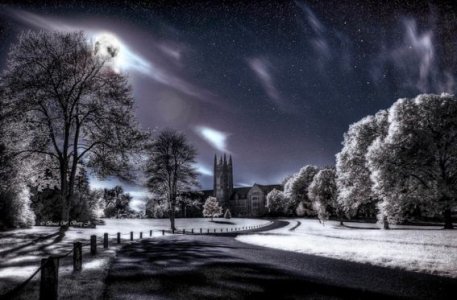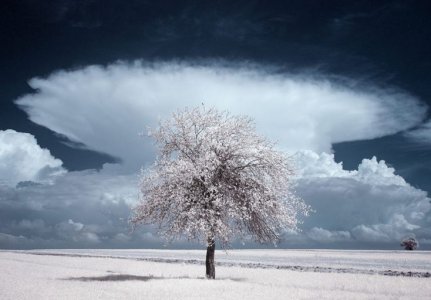Mr. Ed
Be what you is not what you what you ain’t
- Location
- Central NY
The world is world perfect as each moment unfolds there are no similar comparison to measure differences. Therefore by comparison each moment is perfect.
You say what about sickness, death, disasters, corruption etc, regardless the hardships of humanity, the world does as it is designed to do without a single flaw. If there is an earthquake, or other natural disaster that seems out of the ordinary it is the world in a state of perfection.
You say what about sickness, death, disasters, corruption etc, regardless the hardships of humanity, the world does as it is designed to do without a single flaw. If there is an earthquake, or other natural disaster that seems out of the ordinary it is the world in a state of perfection.
Last edited:


